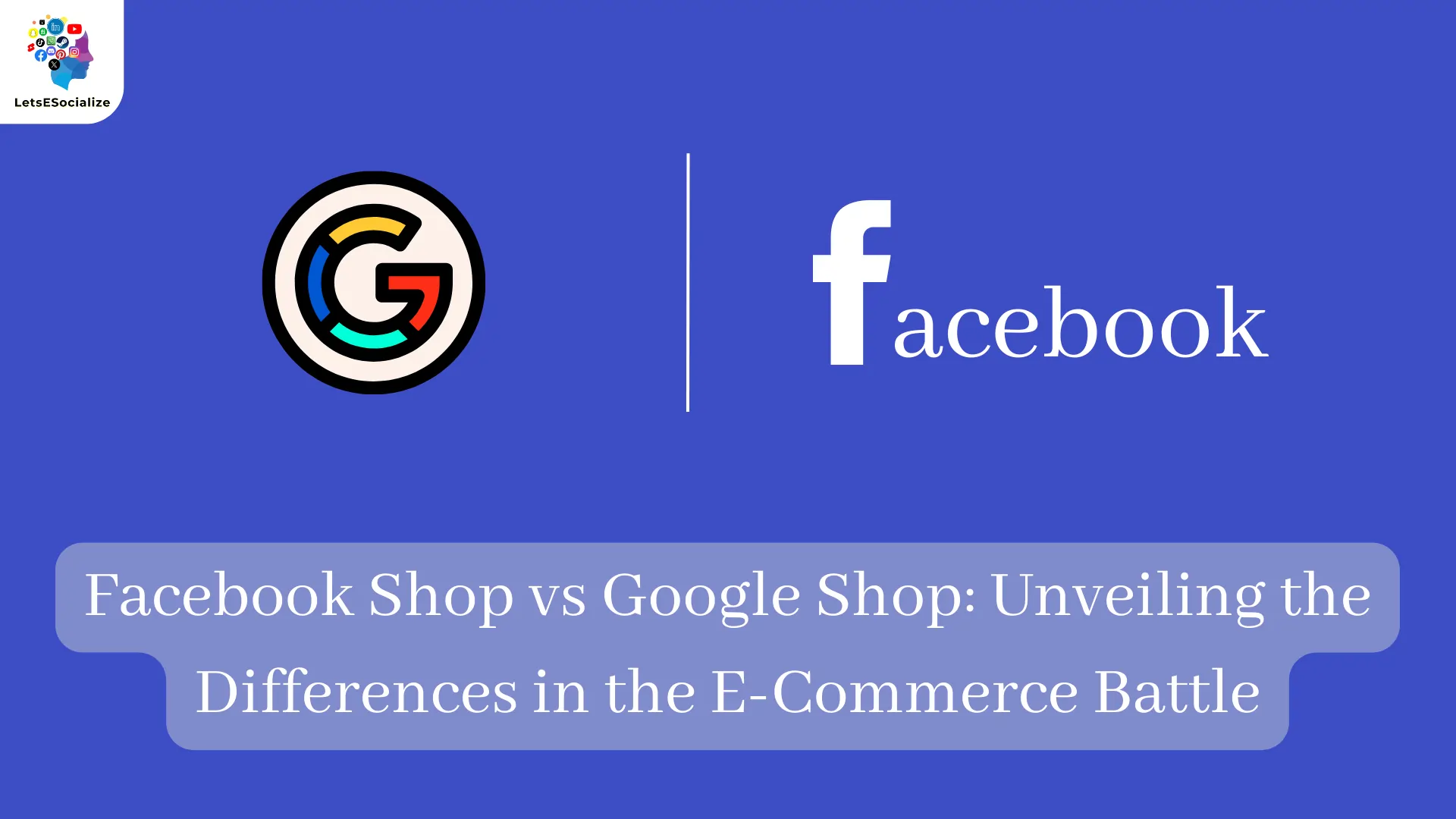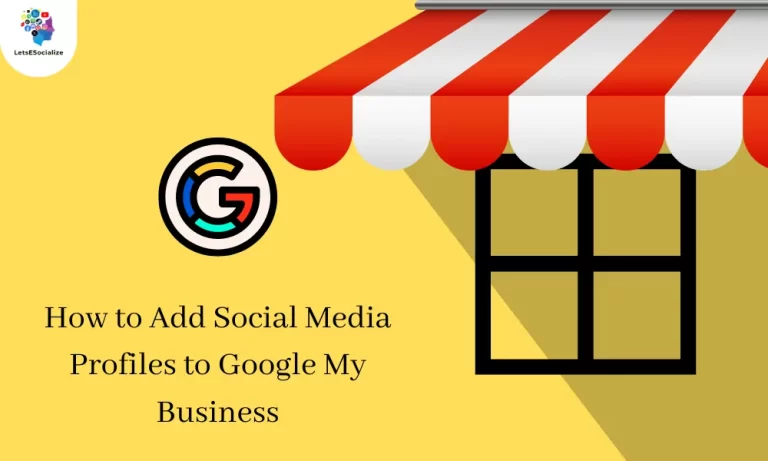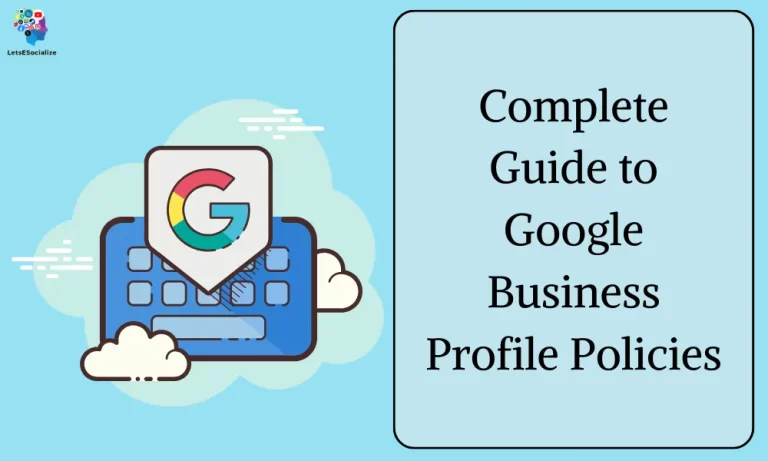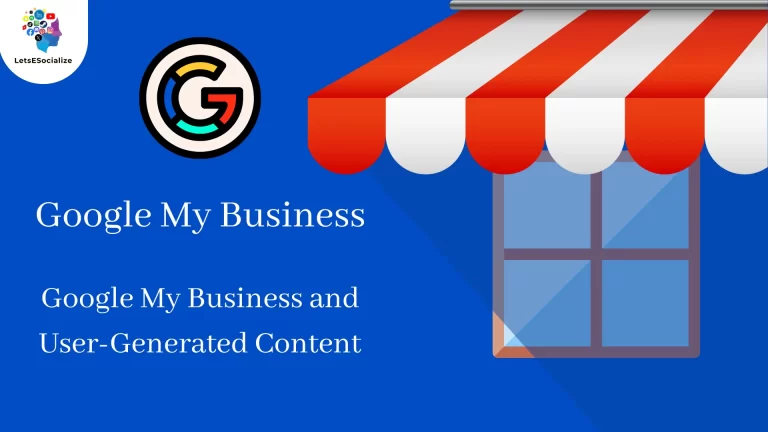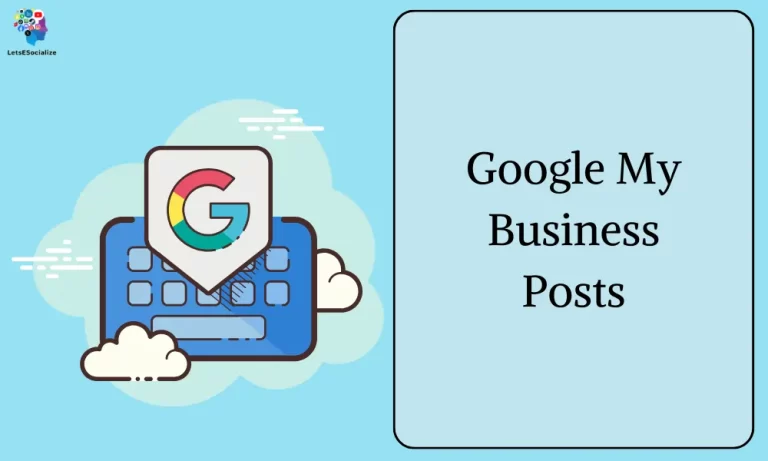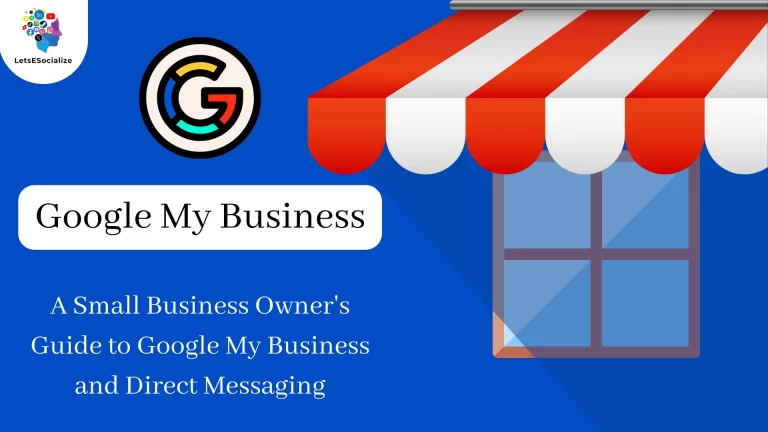In the ever-evolving landscape of e-commerce, two giants have emerged as major players: Facebook Shop vs Google Shop. These platforms offer businesses and sellers a unique opportunity to reach a vast audience and tap into the power of social media and search engine marketing. However, while they share the common goal of facilitating online sales, Facebook Shop and Google Shop have distinct features, functionalities, and business models that set them apart.
Table of Contents
As consumers increasingly embrace the convenience of online shopping, understanding the differences between these two platforms becomes crucial for both buyers and sellers. This comprehensive guide delves into the intricacies of Facebook Shop and Google Shop, shedding light on their unique strengths, limitations, and potential benefits for your e-commerce endeavors.
Facebook Shop vs Google Shop: Business Models and Monetization Strategies
At the core of any successful e-commerce platform lies a robust business model and effective monetization strategies. Facebook Shop and Google Shop have taken different approaches in this regard, catering to their respective strengths and target audiences.
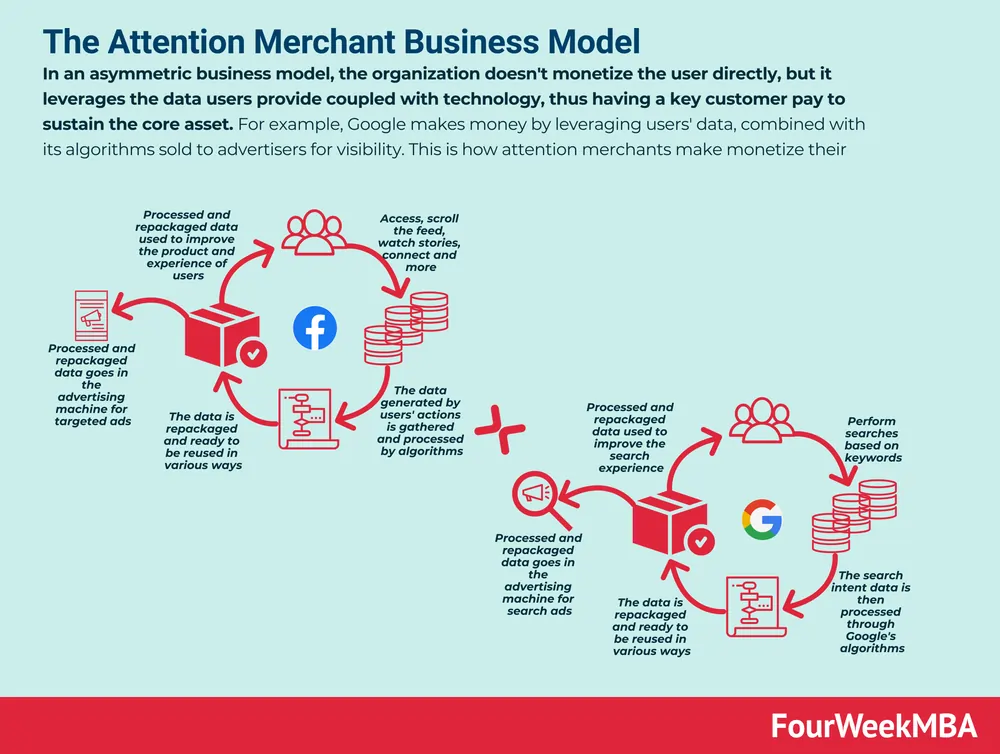
Facebook Shop operates as an extension of the social media giant’s ecosystem. Sellers can list and promote their products directly on Facebook and Instagram, leveraging the platforms’ massive user base and social networking capabilities. Facebook generates revenue through various channels, including advertising, commerce fees, and sponsored product listings.
On the other hand, Google Shop is an offshoot of the search engine giant’s online advertising and retail efforts. Sellers can list their products on Google Shop, which is integrated with Google Search and other Google services. Google’s primary revenue source for its e-commerce platform is advertising, with sponsored product listings and commission fees contributing to its monetization strategy.
Also Read – Twitter Unveils Groundbreaking Video Streaming App for Samsung TVs
Also Read – Elon Musk’s Latest Change Sparks Controversy Among Twitter Users
Product Listings and Inventory Management
One of the critical aspects of any e-commerce platform is its ability to effectively manage product listings and inventory. Both Facebook Shop and Google Shop offer sellers tools and features to streamline this process, but their approaches differ slightly.
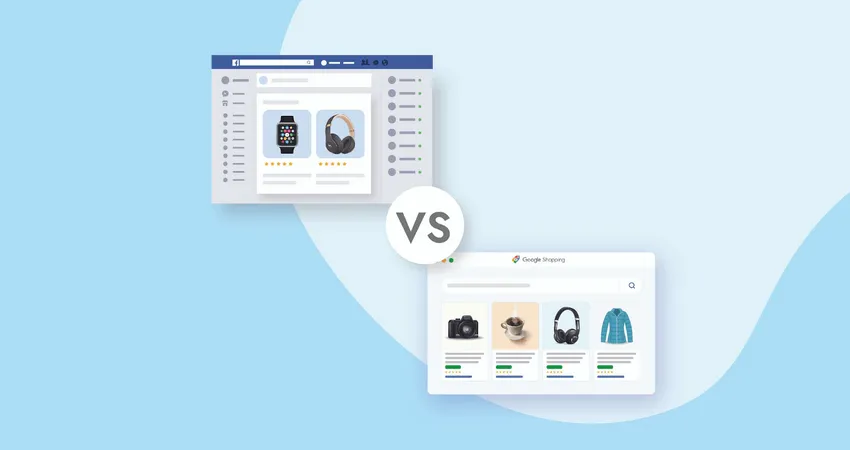
On Facebook Shop, sellers can create product catalogs and listings directly within the platform or through third-party integrations. These listings can be showcased on their Facebook and Instagram pages, as well as in targeted advertising campaigns. Inventory management is handled through the platform’s seller dashboard, allowing businesses to update stock levels, prices, and product details in real time.
Google Shop, on the other hand, relies on product data feeds and integrations with e-commerce platforms and marketplaces. Sellers can upload their product catalogs to Google’s Merchant Center, which then syncs with Google Shop and other Google services. Inventory management is typically handled through the seller’s e-commerce platform or marketplace, with updates reflected on Google Shop.
Buyer Experience and User Interface
The success of an e-commerce platform depends heavily on the buyer experience and user interface. Facebook Shop and Google Shop have distinct approaches in this regard, catering to their respective user bases and platform strengths.

Facebook Shop is deeply integrated into the social media experience. Buyers can browse and purchase products directly from their Facebook or Instagram feeds, as well as through dedicated shopping sections within the platforms. The user interface is designed to be visually appealing and intuitive, leveraging the familiar social media browsing experience.
Google Shop, on the other hand, is more akin to a traditional e-commerce marketplace. Buyers can search for products, browse categories, and filter results based on various criteria. The user interface is clean and streamlined, prioritizing ease of navigation and product discovery. Google’s search engine prowess is a key advantage, enabling buyers to find products more efficiently.
Advertising and Promotional Capabilities
In the competitive world of e-commerce, effective advertising and promotional strategies are essential for driving sales and visibility. Both Facebook Shop and Google Shop offer powerful advertising tools, but their approaches align with their respective platforms’ strengths.
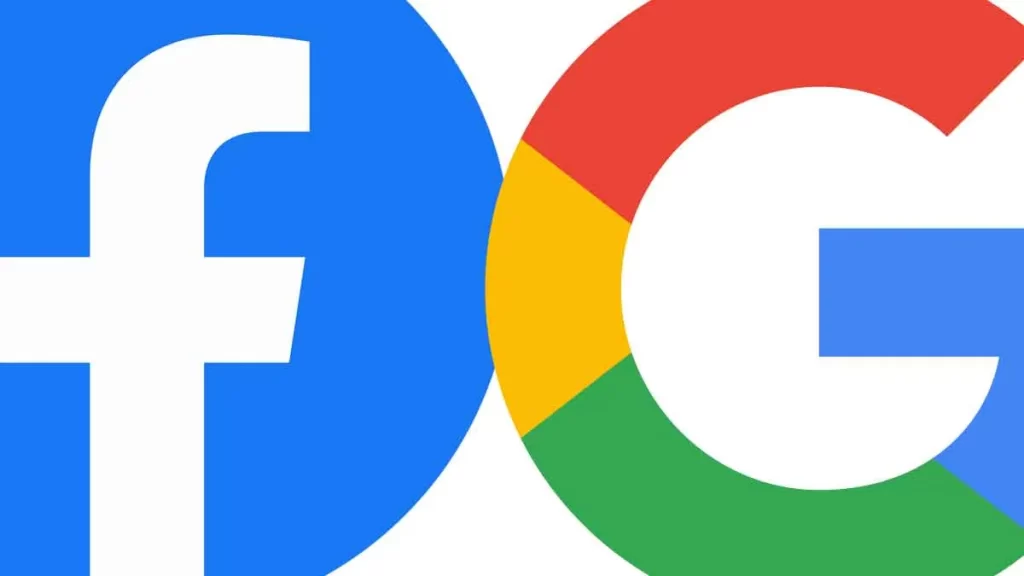
Facebook Shop leverages the social media giant’s robust advertising platform, allowing sellers to create targeted campaigns based on user interests, demographics, and behaviors. Sponsored product listings, boosted posts, and Instagram ads are just a few examples of the promotional tools available on Facebook Shop.
Google Shop, on the other hand, capitalizes on the search engine’s vast reach and advertising ecosystem. Sellers can create sponsored product listings that appear in Google Search results, as well as on Google Shopping and partner websites. Google’s advanced targeting options and remarketing capabilities make it a powerful platform for e-commerce advertising.
Analytics and Performance Tracking
Measuring and optimizing e-commerce performance is crucial for businesses to make data-driven decisions and maximize their return on investment. Both Facebook Shop and Google Shop provide analytics and reporting tools to help sellers track their performance and identify areas for improvement.

Facebook Shop offers in-depth analytics through its Commerce Manager platform. Sellers can access data on product performance, customer demographics, advertising campaign metrics, and more. These insights can be used to refine product offerings, optimize marketing strategies, and enhance the overall shopping experience.
Google Shop’s analytics capabilities are integrated with the broader Google Analytics suite. Sellers can track various e-commerce metrics, such as product views, add-to-cart rates, conversion rates, and revenue. Additionally, Google’s attribution modeling and advanced reporting features provide valuable insights into customer behavior and marketing campaign effectiveness.
Integration with Third-Party Services
In today’s interconnected e-commerce ecosystem, integration with third-party services is crucial for streamlining operations and enhancing the overall user experience. Both Facebook Shop and Google Shop offer varying degrees of integration with payment gateways, shipping providers, and other essential services.

Facebook Shop allows sellers to integrate with a wide range of third-party platforms and services, including popular e-commerce platforms like Shopify, BigCommerce, and WooCommerce. This integration enables sellers to manage their inventory, orders, and customer data seamlessly across multiple channels.
Google Shop also offers integrations with various e-commerce platforms and marketplaces, enabling sellers to sync their product catalogs and order data with Google’s ecosystem. Additionally, Google has partnerships with major payment and shipping providers, allowing for a more seamless checkout and fulfillment process.
Target Audience and Market Reach
The success of an e-commerce platform often hinges on its ability to reach and resonate with the right target audience. Facebook Shop and Google Shop each have unique strengths and potential market reach based on their respective platforms and user bases.

Facebook Shop’s primary advantage lies in its access to the vast social media user base of Facebook and Instagram. With billions of active users, Facebook Shop presents a vast potential customer base for sellers, particularly those targeting specific demographics or interests. Additionally, the platform’s social nature allows for seamless product discovery and word-of-mouth marketing.
Google Shop, on the other hand, capitalizes on the search engine’s massive reach and prominence in the online shopping journey. With millions of users turning to Google for product research and comparisons, Google Shop has the potential to capture buyers at various stages of the purchase funnel. Its integration with Google Search and other services gives it a significant advantage in product visibility and discoverability.
Seller Support and Resources
Successful e-commerce platforms not only provide the necessary tools and features but also offer comprehensive support and resources to empower sellers. Both Facebook Shop and Google Shop have dedicated seller support channels and educational resources to assist businesses in optimizing their online presence and sales.
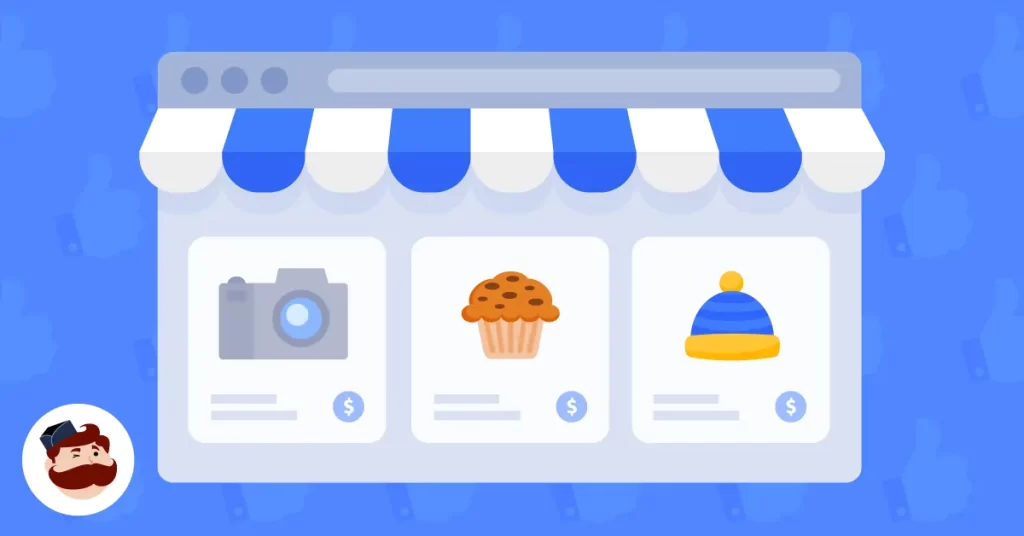
Facebook Shop offers a range of seller support options, including online documentation, community forums, and dedicated support channels. The platform also provides educational resources, such as webinars, tutorials, and best practices guides, to help sellers navigate the platform and maximize their success.
Google Shop’s seller support is primarily focused on its Merchant Center platform, where businesses can access various resources, including FAQs, troubleshooting guides, and community forums. Google also offers extensive documentation and educational materials on e-commerce best practices, advertising strategies, and platform integrations.
Future Developments and Industry Trends
The e-commerce landscape is constantly evolving, with new technologies, consumer behaviors, and industry trends shaping the future of online shopping. Both Facebook Shop and Google Shop are actively investing in innovative solutions and adapting to emerging trends to maintain their competitive edge.
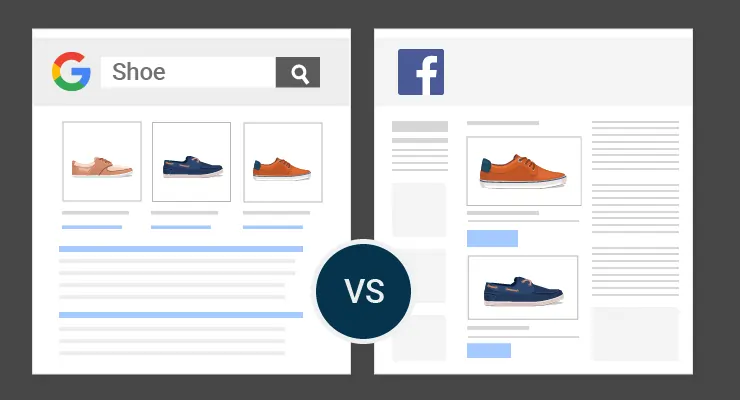
Facebook Shop is exploring new technologies such as augmented reality (AR) and virtual reality (VR) to enhance the shopping experience and enable immersive product visualization. Additionally, the platform is focused on improving personalization and recommendation algorithms to provide more tailored shopping experiences.
Google Shop is also investing in emerging technologies, such as voice-enabled shopping and visual search capabilities. The platform is exploring ways to integrate its e-commerce offerings with other Google services, such as Google Maps and Google Assistant, to create a seamless omnichannel shopping experience.
Industry trends, such as the rise of social commerce, the increasing importance of mobile shopping, and the growing demand for sustainability and ethical practices, are likely to shape the future developments of both platforms. Staying ahead of these trends and adapting to changing consumer preferences will be crucial for their continued success.
Choosing the Right Platform for Your Business
With a comprehensive understanding of the differences between Facebook Shop and Google Shop, it’s important to evaluate which platform aligns best with your business goals, target audience, and e-commerce strategies.
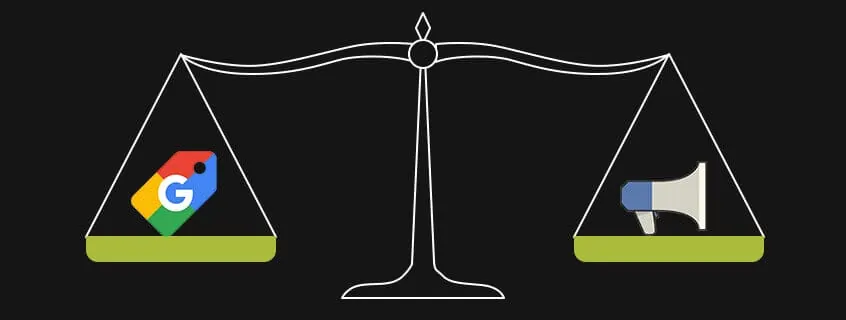
For businesses with a strong social media presence and a focus on customer engagement and community building, Facebook Shop may be the ideal choice. Its deep integration with social media platforms and targeted advertising capabilities make it well-suited for businesses looking to leverage the power of social commerce and influencer marketing.
On the other hand, businesses with a strong online presence and a focus on search engine optimization (SEO) and product discoverability may find Google Shop more advantageous. Its integration with Google Search and expansive reach make it an attractive option for businesses aiming to capture buyers at various stages of the purchase funnel.
It’s also important to consider the specific needs of your business, such as the complexity of your product catalog, inventory management requirements, and the level of customization and integration desired. Some businesses may even find value in leveraging both platforms or integrating them into a cohesive e-commerce strategy.
Ultimately, the decision to choose Facebook Shop or Google Shop should be based on a comprehensive evaluation of your business objectives, target audience, and the unique strengths and limitations of each platform.
Also Read – Mastering Multi-Device Messaging: A Comprehensive Guide to Using One WhatsApp Account on Multiple Devices
Also Read – Does Google Shopping Help SEO?
Conclusion
In the ever-evolving world of e-commerce, Facebook Shop and Google Shop have emerged as formidable players, each offering unique advantages and catering to distinct business needs. While they share the common goal of facilitating online sales, their distinct approaches to business models, product listings, buyer experiences, advertising capabilities, and seller support make them appealing to different types of businesses and sellers.
As consumers continue to embrace the convenience and accessibility of online shopping, understanding the nuances of these platforms becomes increasingly important. By carefully evaluating your business goals, target audience, and e-commerce strategies, you can make an informed decision and leverage the strengths of either Facebook Shop or Google Shop to drive success in the competitive e-commerce landscape.
Ultimately, the choice between these two platforms may not be an either-or decision for some businesses. Integrating and leveraging the unique strengths of both Facebook Shop and Google Shop could create a powerful omnichannel e-commerce strategy, enabling businesses to reach a wider audience, optimize product visibility, and provide a seamless shopping experience across multiple touchpoints.
As the e-commerce industry continues to evolve, it will be fascinating to observe how Facebook Shop and Google Shop adapt and innovate, introducing new features and capabilities to stay ahead of emerging trends and consumer demands. Whichever platform you choose, staying informed and agile will be crucial to capitalizing on the vast opportunities presented by the ever-growing world of online shopping.

